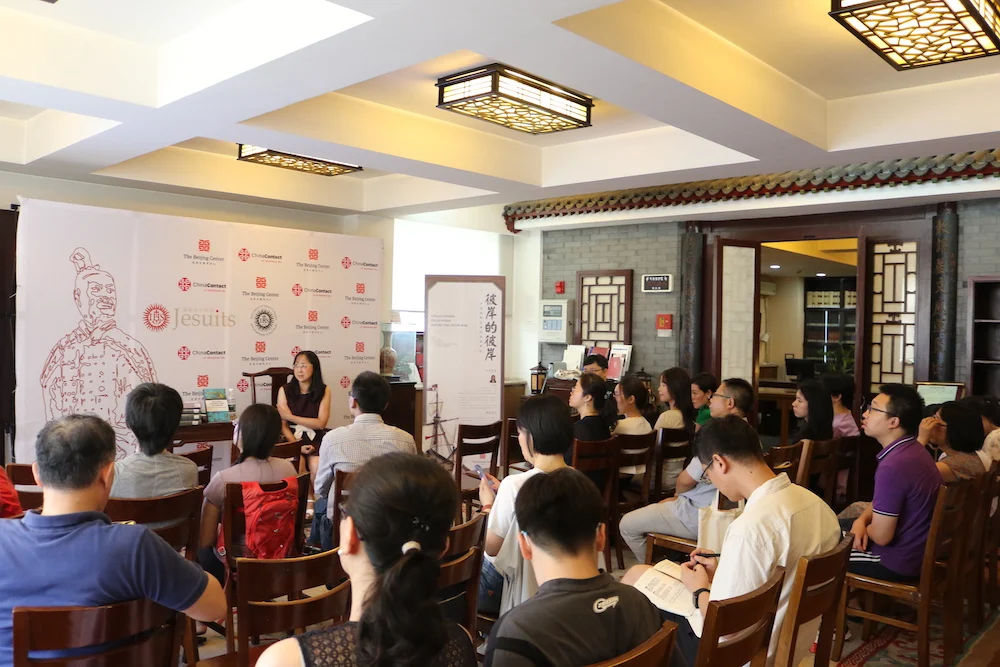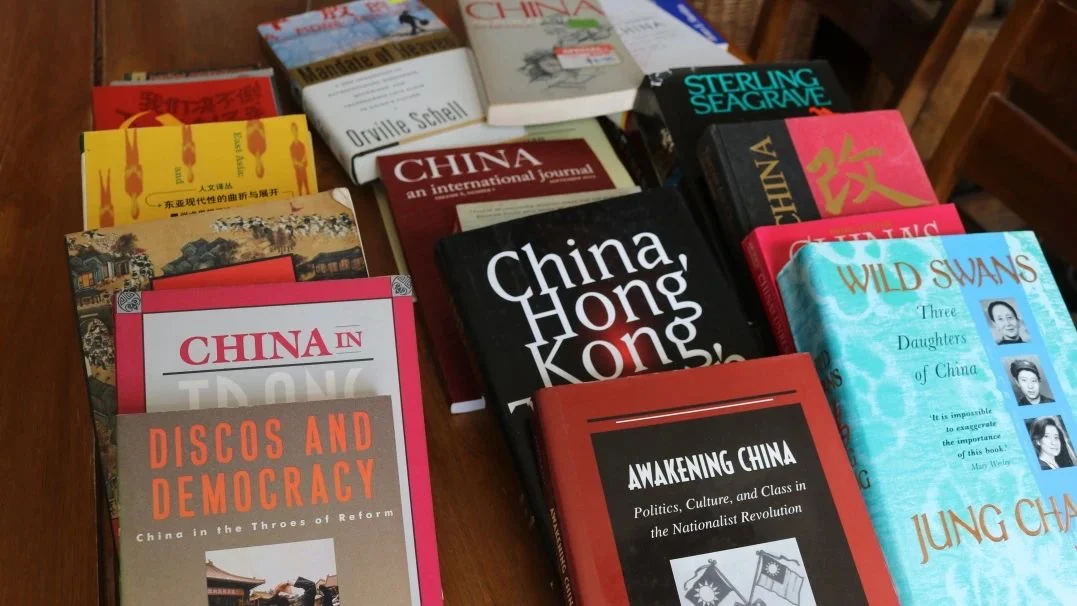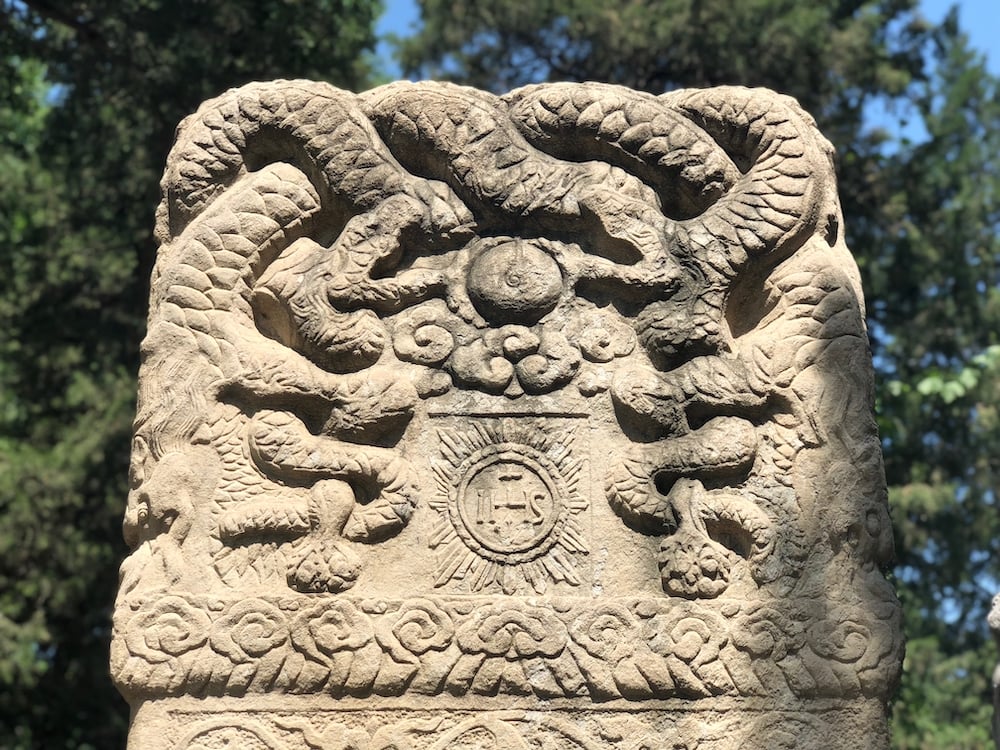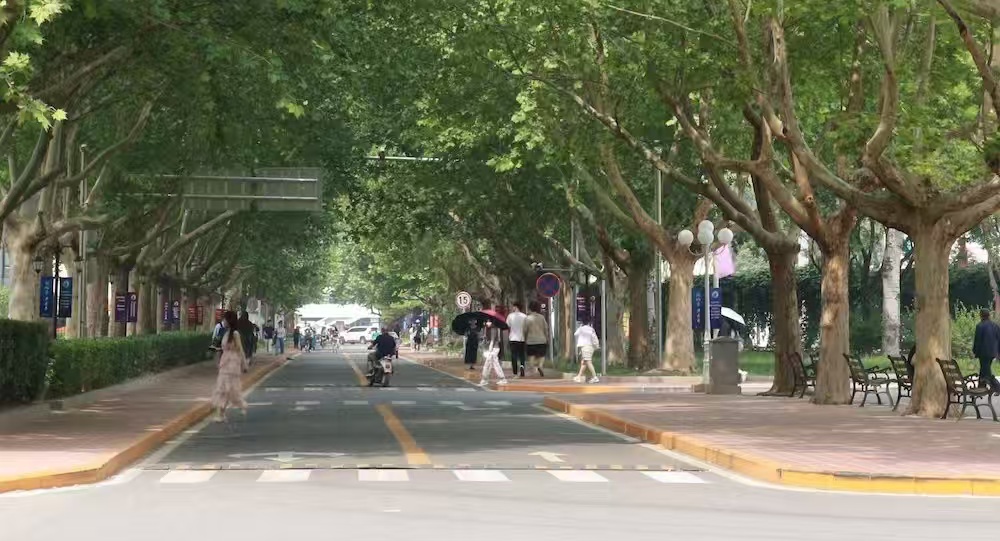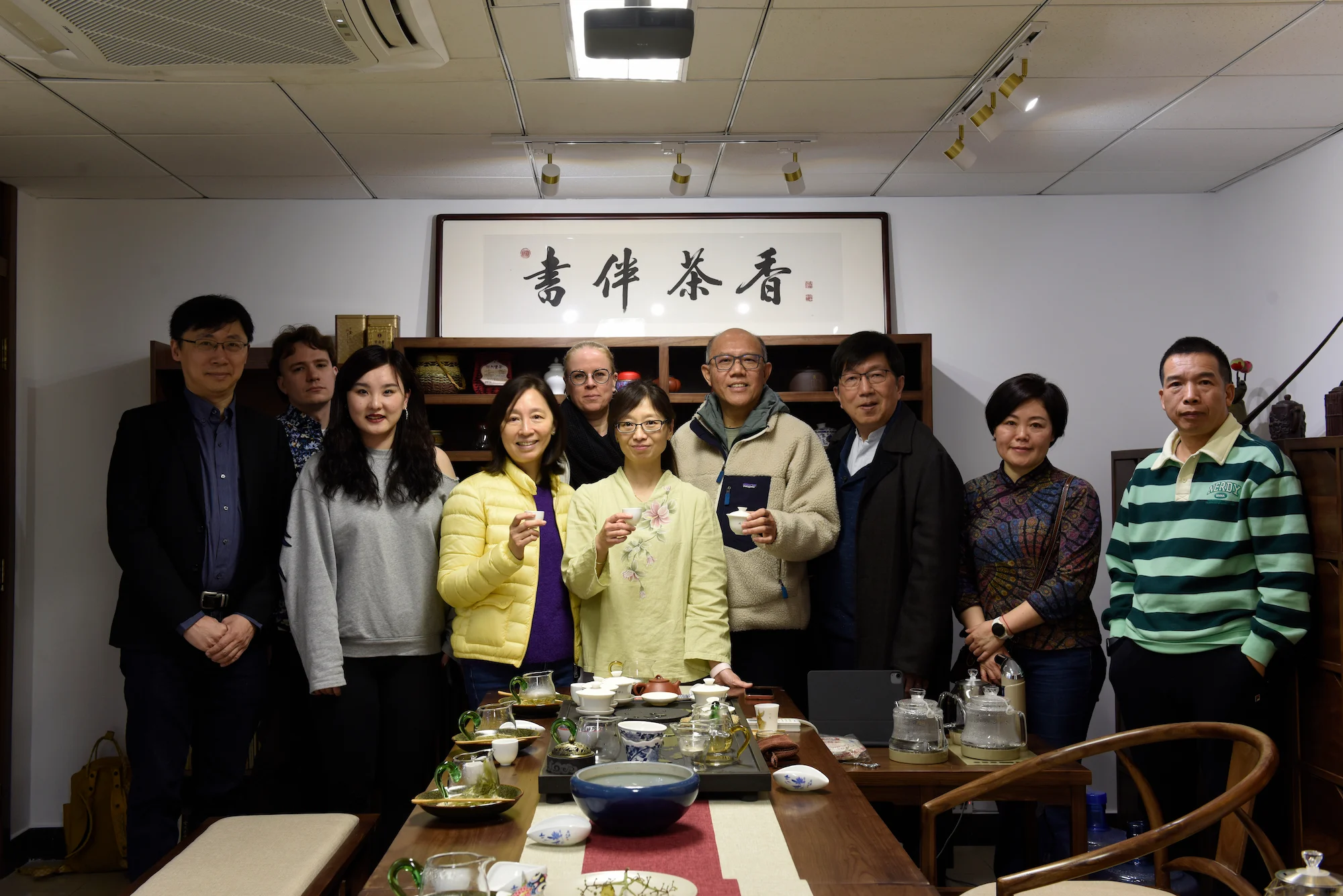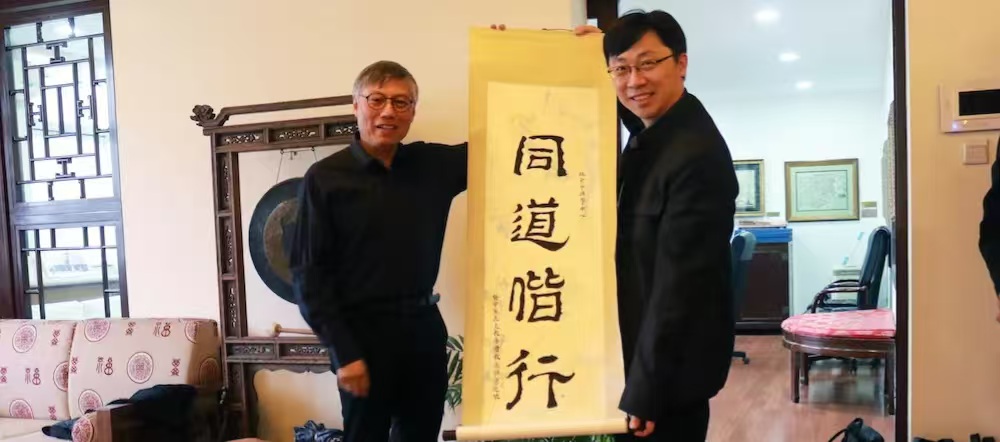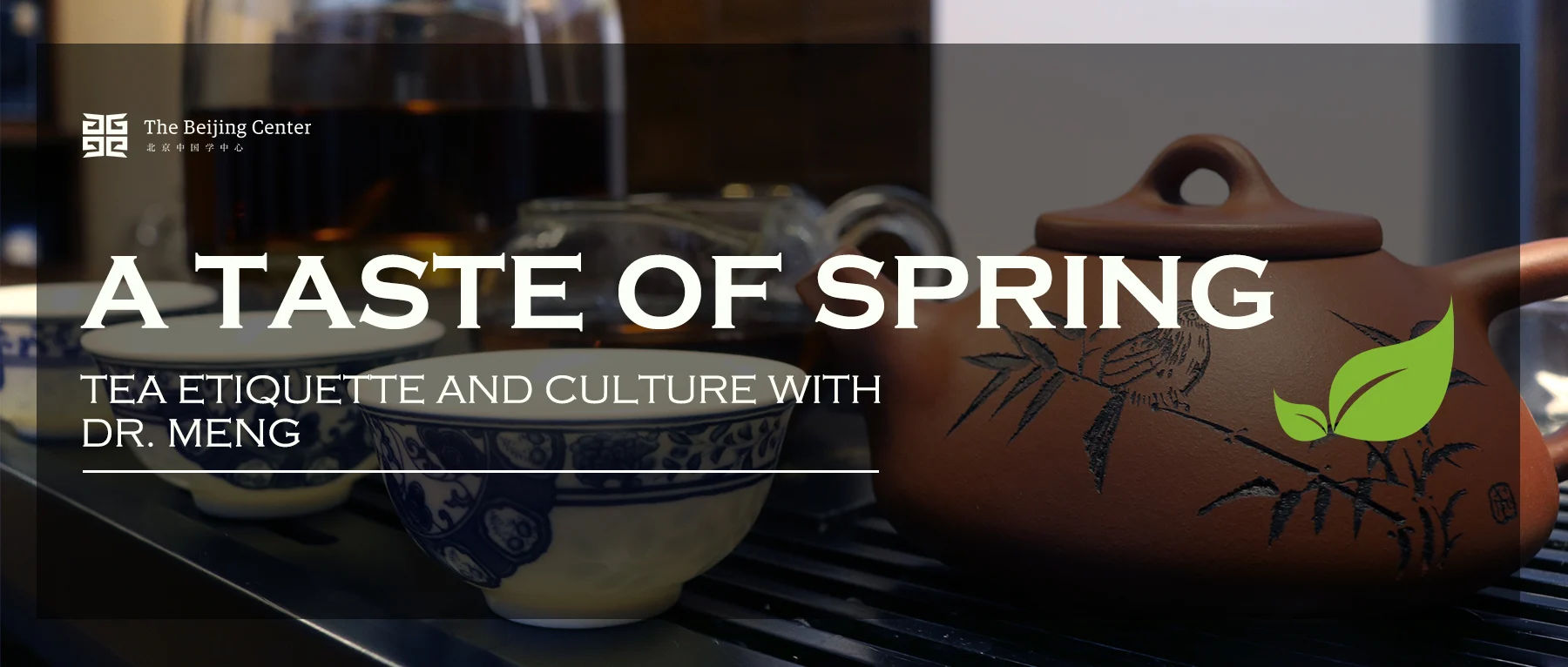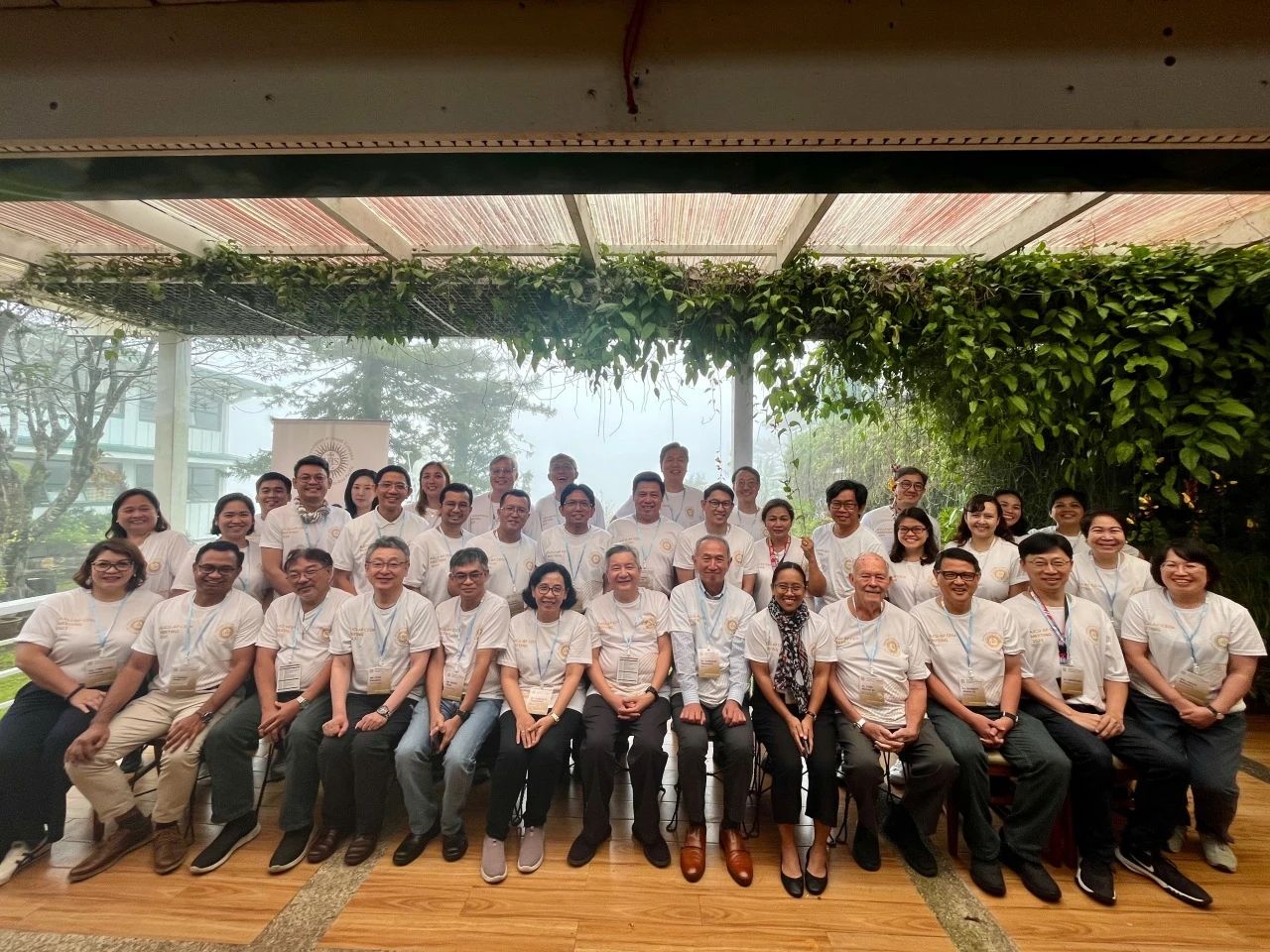
OUR SHARED HOME: ASIA PACIFIC JESUIT SCHOOL LEADERS IN CONFERENCE
The Association of Jesuit Colleges and Universities in Asia Pacific (AJCU-AP) convened from 27 – 30 August 2023 at the Mirador Jesuit Villa and Retreat House, Baguio City, Philippines, for the AJCU-AP Chief Executive Officers (CEOs) Meeting 2023. Representing 18 member institutions from 9 countries were 28 meeting participants composed of CEOs or their representatives, and International Networking Officers (INOs) of their respective institutions. This August 2023 gathering was the largest ever and most well-attended CEOs Meeting of the AJCU-AP and was hosted by Ateneo de Manila University in the Philippines.

